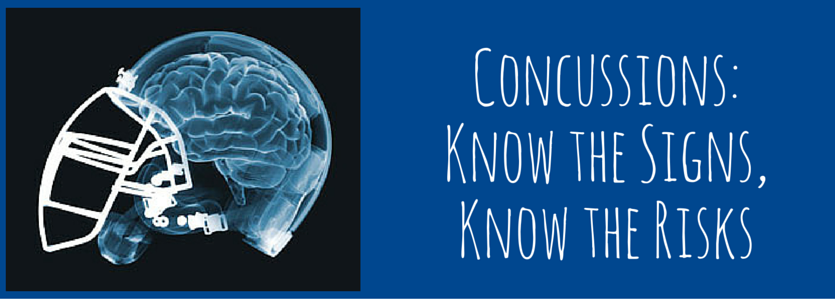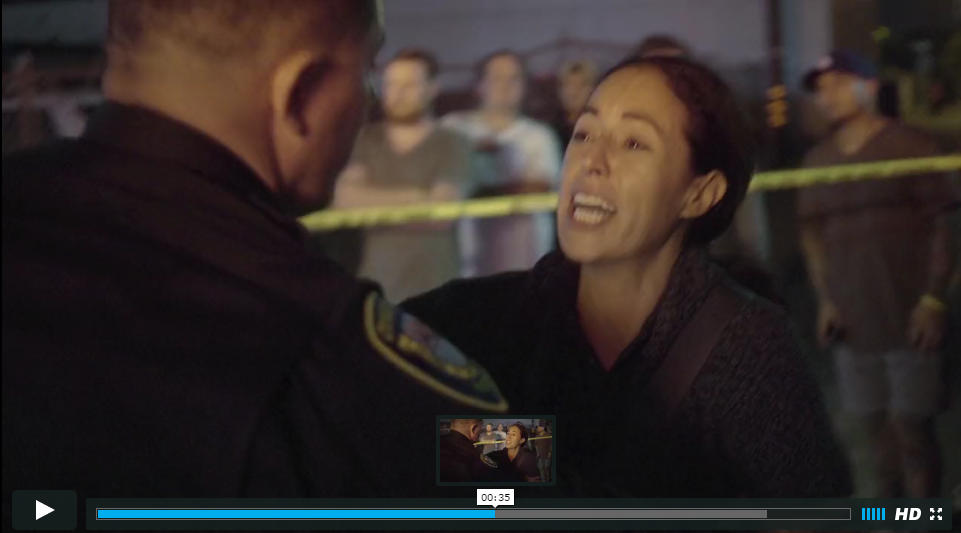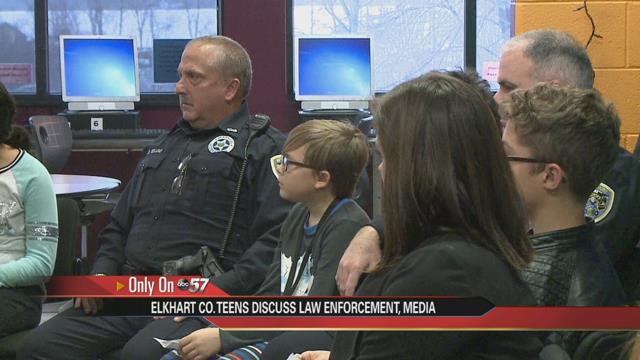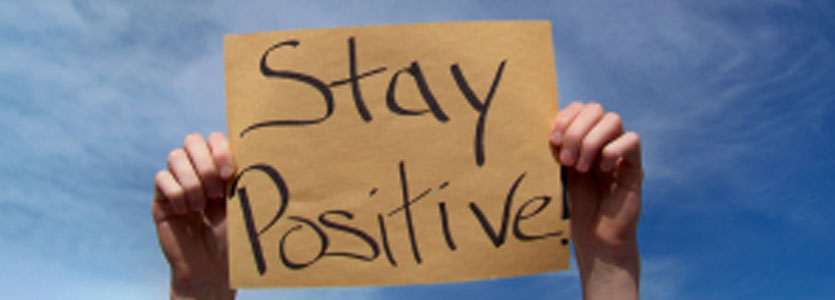
Concussion Signs and Risks
Being aggressive on the playground, court, or field may win you the ball, but it also comes with risks in the form of a concussion. Maybe you’ve seen your favorite NFL or WNBA player sidelined because he or she is being screened for concussion symptoms. Whether in professional or youth sports or activities, concussions need to be taken very seriously. We’ve got the 411 on these injuries to help you try to steer clear of danger. What are concussion signs and risks to look out for?
What Is a Concussion?
A concussion occurs when an impact of some type shakes your brain inside your skull. This can damage blood vessels and nerves and cause bruising, ultimately affecting how your brain works. Think about going up for a header in soccer and accidentally connecting with another player’s head, or making a hard landing on the court after fighting for a rebound in basketball. Even a simple game of four square on the playground can lead to a concussion if players get too rough and hit their heads on a surface. According to the Center for Disease Control, more than 170,000 kids and teenagers are treated yearly in the emergency room for traumatic brain injuries including concussions. This statistic includes injuries while playing sports and participating in recreational activities. So, no matter how it happens, a concussion is a form of brain injury and needs to be taken seriously.
Who Gets Concussions?
Anyone can get a concussion! All it takes is a bump or blow to the head.
How Does it Feel?
Because it isn’t really something visible on the outside, it’s important to know the signs and symptoms of a concussion. Many athletes and teens with concussions report feeling dizzy or disoriented. Their language may become slower than usual. Vision, balance, and concentration may all be affected. It’s also possible to lose consciousness. These symptoms need to be monitored closely to ensure they don’t get worse. If the injured person has continued or worsening nausea/vomiting, drowsiness, speech and confusion problems, for example, they should be taken to the emergency room as soon as possible. Concussion symptoms can last anywhere from minutes to months, so it’s important to keep an eye on someone who’s been injured.
What Should I Do if I Have a Concussion?
If you or your parent or coach thinks you might have a concussion, remove yourself from the activity immediately and tell a responsible adult if one isn’t present. Although you might want to get right back into the game, it’s always better to be safe. Don’t ignore it- see a pediatrician or doctor as soon as possible. A medical professional can determine the degree of the injury. Because your brain will need time to heal, it’s important to lay low and take a break from participating in sports or activities that could cause further injury. Additional harm to the head could result in serious damage. Some students who are recovering from concussions may need academic accommodations while they heal.
What Can I Do to Avoid a Concussion?
Well, you can’t live in a bubble all your life, but you can be careful. This is hard to do since a huge part of sports and all physical activity is playing hard and fully participating! When it comes to sports and recreation, continue to “leave it all out on the field,” but just be cautious. Always wear the required protective gear for your sport, and be aware of your surroundings whenever possible, even on the playground.
To learn more about concussions, visit the Center for Disease Control’s website at www.cdc.gov/headsup/index.html. It offers great resources for you, your parents, and coaches.





